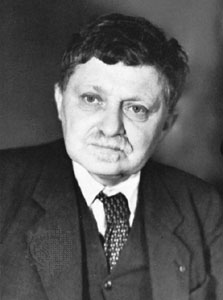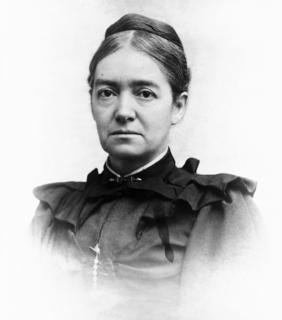A Quote by Kedar Joshi
Related Quotes
But the people at home if we're doing a town meeting or a town format. You have to answer the question that is asked. And what people at home are gauging how does this candidate respond to the questioner? Do they show respect to the questioner? Do they try to understand why the questioner is asking that? Do they respond to the question? Is there a human connection between the two? It's where Barack Obama beat Mitt Romney in 2012. He lost the voters on who was a stronger leader, who had a vision for the future, but on who cares about people like me, he trounced Mitt Romney.
If God were to exist for the entire humanity, he would be profoundly vile, as he allows the existence of unfathomable sin, stupidity, madness, and misery for no reason than his own despicable enjoyment. God exists though, not for all humanity, but for a one chosen man - a philosopher - who is bound to answer the greatest philosophical question, the question about the nature of the questioner's existence, which progressively quenches the divine vanity.
Life, by which I mean my life, is a great, or probably the greatest, design, from its very beginning to its end, the end that, I think, is unlikely to exist. Each and every bit of life is a part of the design. Design exists as the consequence of the ultimate questioner's vanity. And my mission is to find the most fundamental truth, which probably and exclusively involves the nature of the existence of the ultimate questioner.
The existence of God is not logically necessary, and yet, on the basis of some profound peculiar empirical order in the universe, it seems that He exists as the ultimate uncreated Being, implying a paradox, as no logically unnecessary entity can be uncreated. This paradox is the ultimate question asked by God, who is nothing but the ultimate questioner.
A dialogue is very important. It is a form of communication in which question and answer continue till a question is left without an answer. Thus the question is suspended between the two persons involved in this answer and question. It is like a bud with untouched blossoms . . . If the question is left totally untouched by thought, it then has its own answer because the questioner and answerer, as persons, have disappeared. This is a form of dialogue in which investigation reaches a certain point of intensity and depth, which then has a quality that thought can never reach.

































